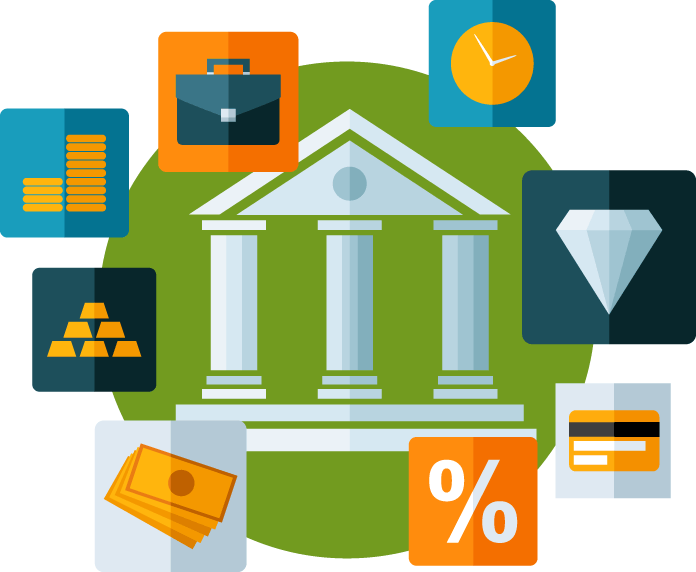The Power of Central Banks on the Forex Market

Since the dawn of time, people have always associated money with power. And, for good reason.
Throughout history, the economies of countries rises and falls for a variety of reasons, but often due to wars or conflicts. It’s these economic rise and falls that created the need for a nation to protect the value of their money. And with that, central banking was born.
The Concept of Central Banking
The concept with central banking is to attempt to control both the quantity and the quality of money in an economy.
Ever since countries began trading, importing and exporting goods, the concept of an economy changed. This led to the need for the value of money to be controlled.
Today’s financial system now revolves around the global reserve currency, which at the moment is the US Dollar. Before the US Dollar, the British Pound was the world’s reserve currency.
For Forex trading, we trade other countries’ currencies. Or so we think. What we’re really doing is trading the current or anticipated state of a country’s economy. Further, we’re trading a country’s economy against another country’s economy.
Let’s take a few of the majors for example – USD, JPY, GBP, EUR, AUD and CAD. Now, we mix them all up and trade one vs the other such as EUR/USD or GBP/JPY.
Who’s in charge of what?
While there is a definitely a greater hierarchy, each country has its own reserve bank, the Fed, BOJ, BOE, ECB, BOC and RBA are the most important, globally.
Each of the above central banks is in charge of setting the monetary policy for that country, controlling the value of their currency.
But what stops each country’s central bank from ‘going rogue’ so to speak? Well, that’s where the big boss of all the banks comes in, the BIS.
What’s the BIS?
The BIS, or Bank for International Settlements, is a behemoth based in Switzerland. The BIS makes sure that all the other countries’ policies are implemented properly to ensure that now central bank acts on its own.
The Fed
Thanks to globalisation, the need for an overall governing body is stringent. For example, because the USD is currently the global reserve currency, the United States cannot isolate itself from the rest of the world, especially if it wants to keep the USD as the benchmark for the global monetary policy.
This means, that when things like interest rates, etc change in the United States, the effects reverberate across the globe.
Say for instance the Fed cuts interest rates. The result is that the global financial system is then flooded with cheap US dollars. While this is great for emerging economies and many other countries (because they can now borrow in dollars while paying a lower interest rate), this tends to cause other key economies to do the same. But why?
There’s a well-known phrase that “when the US sneezes, the rest of the world gets a cold.”
What about if the opposite happens and the Fed decides to hike rates?
Well, that means that the US economy is doing just fine. Which is great news for the US. However, the rest of the world will have a bit of a difficult time dealing with the higher USD interest rates. Because all, well most, international loans are based in US dollars, the increased interest rates mean that other countries must pay more interest on borrowed money.
Wrapping Up
No central bank can act solely on their own, especially knowing that there are potentially catastrophic knock on effects.
While many central banks strive for independence, because those who control the money, have all the power, it’s just isn’t feasible because of increased globalisation, the ease of international travel, and the almighty Bank for International Settlements.
Fast & easy account opening
-
Register
Choose an account type and submit your application
-
Fund
Fund your account using a wide range of funding methods.
-
Trade
Access 300+ CFD instruments across all asset classes on MT4 / MT5
That's it, it's that easy to open a Forex and CFD trading account.
Welcome to the world of trading!
open live account








